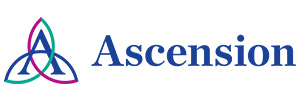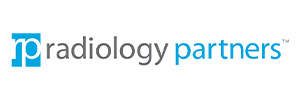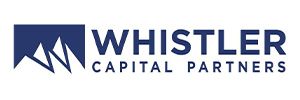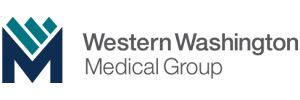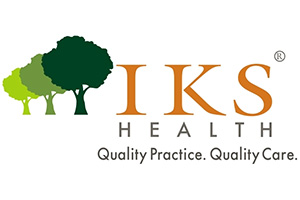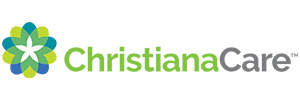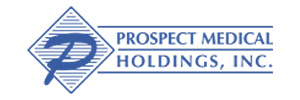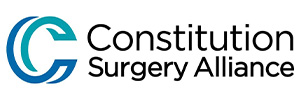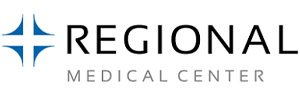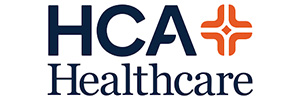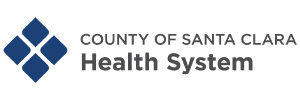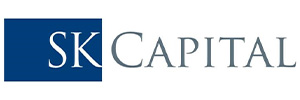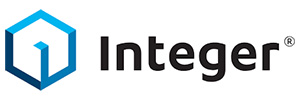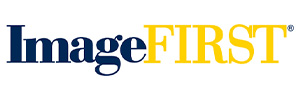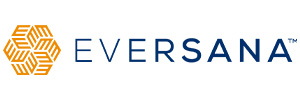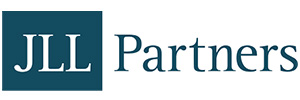Cain Brothers Newsletters: Industry Insights

“Industry Insights” is a bi-weekly email newsletter published by Cain Brothers, a division of KeyBanc Capital Markets. The newsletter features innovative and original perspectives about healthcare services, healthcare IT, and life sciences from our team of experienced investment bankers. Read the latest newsletter content below, and subscribe to start receiving the newsletter in your inbox.
The Big Beautiful Bill and Its Impact on Skilled Nursing Facilities
Key Takeaways:
- The BBB introduces several changes to Medicaid that will continue to add strain to the already burdened post-acute end market.
- Outsourcing is no longer optional — it’s becoming essential for facility operators to remain competitive and deliver on quality and cost.
- SNFs need to pursue strategic outsourcing partnerships and adapt rapidly to remain viable.
The recent passage of the budget reconciliation bill — now known as the "Big Beautiful Bill" (BBB) — has introduced sweeping changes to Medicaid, bringing significant implications for hospitals and skilled nursing facilities (SNFs). The bill seeks to cut $1 trillion from Medicaid over the next decade, including $793 billion in Medicaid cuts and $268 billion in Affordable Care Act (ACA) Marketplace reductions. These moves threaten the financial stability of many provider organizations, particularly those serving rural communities.
These cuts come at a time when there has been a strong push toward outsourcing in post-acute settings. SNFs in particular are feeling the dual pressures of reduced reimbursement and rising costs, all while striving to improve care quality to remain competitive. These challenges, coupled with the rising severity of their patient populations, are a perfect storm.
Operators are already responding to this shifting landscape. We’re seeing initial reactions from health systems in the form of staff layoffs, potential service line reductions, and the warning of even longer wait times in emergency departments. For SNFs, the most immediate concern is the retroactive reduction in Medicaid coverage — from 90 days to 30 days. This change could add significant financial strain by eliminating reimbursement for care already provided to patients later deemed ineligible for Medicaid.
In addition to funding cuts, the BBB also includes changes to federal staffing mandates, further exacerbating operational challenges. Initially offering temporary relief, the law will ultimately impose strict compliance with staffing ratios in the future. For many SNFs, this means continuing to deliver care with potentially inadequate resources, risking declines in care quality, increased staff burnout, and operational instability.
While many of these stressors aren’t new, the impact on SNFs is escalating. Operators are under constant pressure to do more with less. In response, outsourcing — already on the rise — is accelerating. These arrangements allow facility operators to reduce costs, mitigate risk, and access shared savings often tied to value-based care models.
We’re seeing broad growth in outsourcing, but most acutely through partnerships with post-acute primary care and other ancillary care providers. These partners offer not only economies of scale that allow them to deliver services with a better financial profile, but also improved capabilities in areas such as staffing, care delivery, and ultimately improved patient outcomes. With many of these outsourced care solutions aligning with value-based care offerings, which generate savings back to the facilities, SNFs can recapture some financial ground lost to Medicaid reductions, though not entirely.
This strategy is increasingly being viewed not just as a cost-cutting tactic but as a strategic pivot toward operational resiliency.
The convergence of Medicaid funding cuts, staffing mandates, and delayed relief provisions has created one of the most challenging operational environments SNFs have faced in years. Facilities must now rethink how they deliver care while navigating tighter margins and greater regulatory scrutiny.
Outsourcing is emerging as a viable solution — not simply to reduce costs, but to enhance care quality and preserve access to critical services. While shared savings programs can offer some financial cushion, they are not a complete solution. Success in this new environment will depend on a facility’s ability to form strategic partnerships, embrace new care models, and innovate under pressure.
For SNFs, survival will require adaptation — and quickly. Those that invest in the right partnerships today will be better positioned to weather the storms of tomorrow.
Archives
See our monthly industry insights below:



